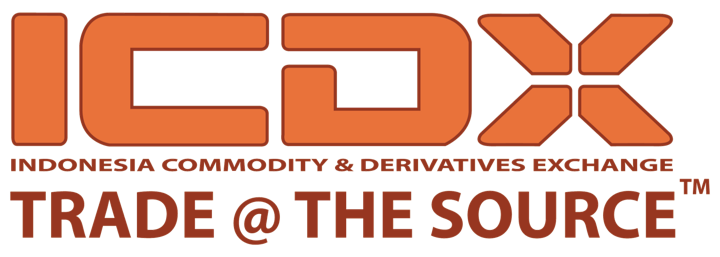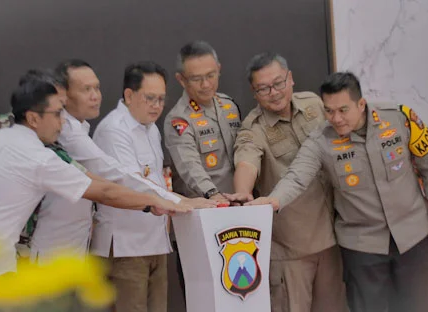ICDX Group Facilitates the Initial Trade for the Auction of Renewable Energy Certificate (RE)

Jakarta, September 2023-Indonesia Commodity & Derivatives Exchange Group (ICDX Group) through its entity Indonesia Climate Exchange (ICX) officially facilitated the initial trading of Renewable Energy Certificates (REC). This first voluntary REC trade carried out by ICX was sourced from Geothermal Power Plants and also Micro Hydro Power Plants.
This initial trade includes a REC transaction of 1.050 MWh, with an opening price of IDR 35,000 and an auction closing price of IDR 38,000, an increase of 8.57%. This trade is proof that market participants can trade market-based climate instruments through an effective, efficient, open platform, as proven by higher auction closing prices, driven by increased demand.
Renewable Energy Certificate (REC) is a certificate that proves that electricity production per megawatt hour (MWh) comes from non-fossil power plants, such as hydropower, wind power, solar power, geothermal or bioenergy-based plants. REC trading that occurs on ICX can be a market-based solution to provide economic incentives to market players and renewable energy investors.
Nursalam, CEO of ICDX Group said, “By using the platform at ICX, industry players will be provided with convenience in terms of market access, as well as accountable and transparent trading. This certainly opens up space for corporations to be able to make the transition towards low-carbon operations. ICDX Group will continue to push for decarbonization efforts through the democratization of carbon trading. Our hope, of course, is that what we have implemented in the future can be replicated for other climate instruments such as carbon trading on a wider scale.”
Nursalam added, “Of course we really appreciate those who have participated in the decarbonization program through the REC trade. This shows that the responsibility towards low carbon emissions is our shared responsibility. For now, several corporations that have participated are PT Agrodana Futures, PT Phillip Futures, PT Victory International Futures, PT Magnet Berjangka Indonesia, PT Rajawali Kapital Berjangka, PT Handal Semesta Berjangka, and several other entities. In the future, we will continue to invite various parties to participate in this program.”
Megain Widjaja, CEO Indonesia Climate Exchange (ICX) said, “The REC transaction by the ICX has undergone a rigorous trial and alignment phase. This phase adhered to global standards in terms of technology and ecosystem. ICX is dedicated to expanding the range of climate instruments available on our platform. Our goal is to become the preferred choice for both government and industry players looking to transition towards low-carbon operations.”
By engaging in this REC transaction, the Indonesia Climate Exchange has the potential to establish itself as a pioneering platform for climate instrument trading. This includes the widespread implementation of carbon trading and facilitating the adoption of various industries throughout Indonesia. The development of climate instrument trading necessitates collaboration between stakeholders and the government to effectively Development related to trade in climate instruments requires synergy between actors and the government in order to achieve the unconditional Nationally Determined Contribution (NDC) target of 31.89% and conditional target of 43.2% with the Business as Usual (BaU) mechanism in 2030 in efforts to reduce emissions carbon. “We invite all stakeholders to jointly make efforts to reduce carbon emissions,” added Megain.
The trading of the Renewable Energy Certificate (REC) has been in existence since 2014. This was a result of the RE100 movement initiated by a consortium of major global corporations with the objective of achieving complete reliance on renewable electricity consumption. The set goals for renewable energy consumption include reaching a minimum of 30% by 2020, 60% by 2030, 90% by 2040, and ultimately achieving full utilization of renewable energy sources by attaining a target rate of 100% in 2050.



